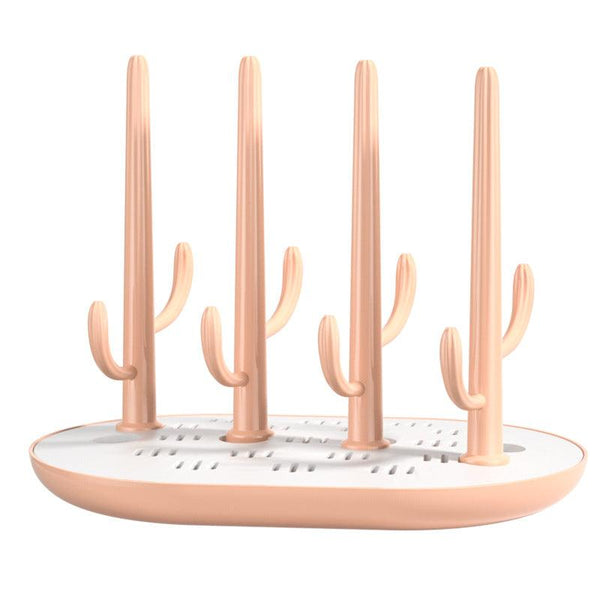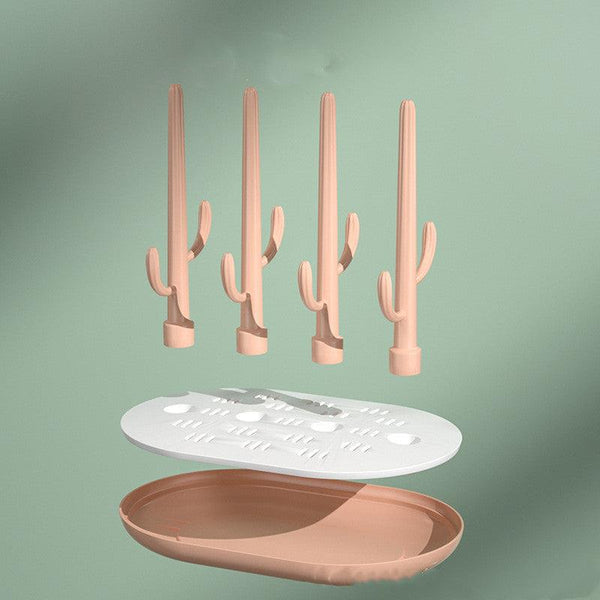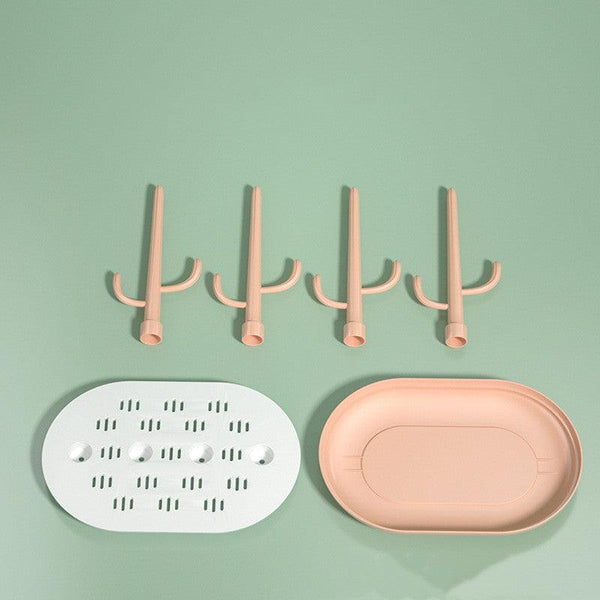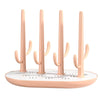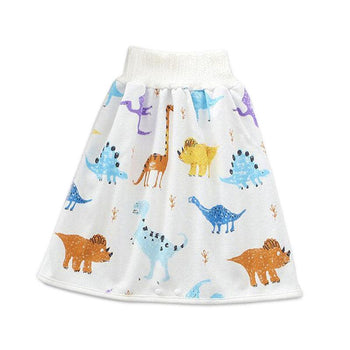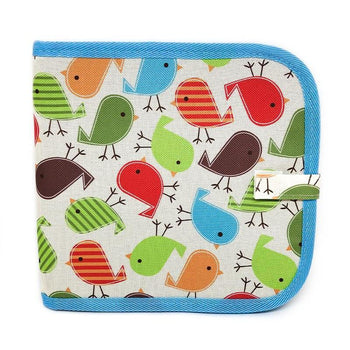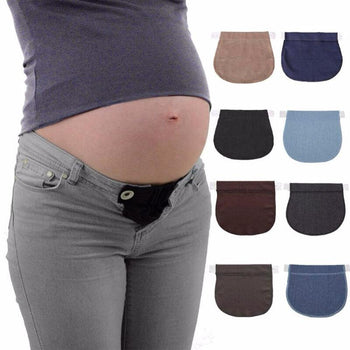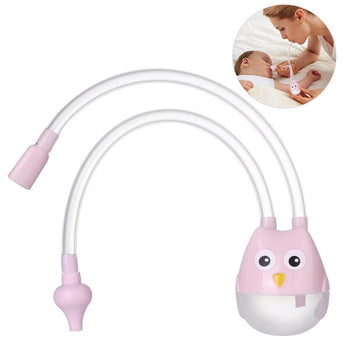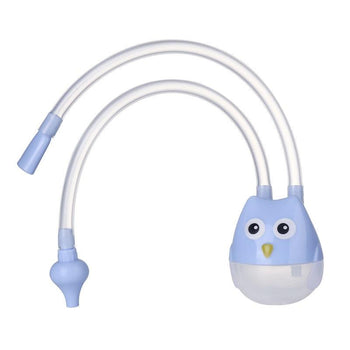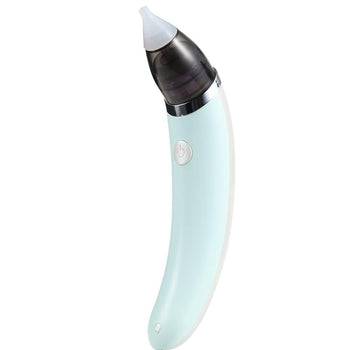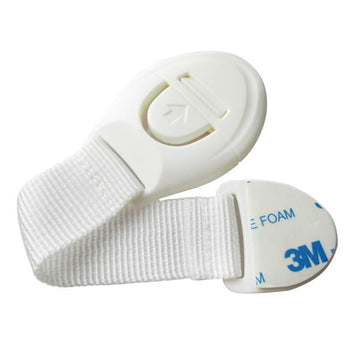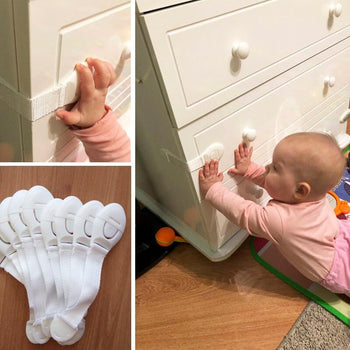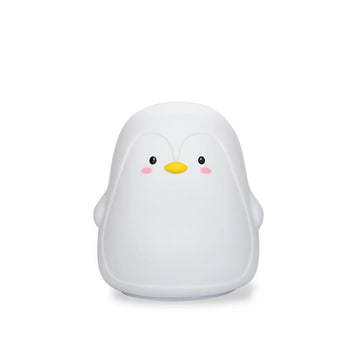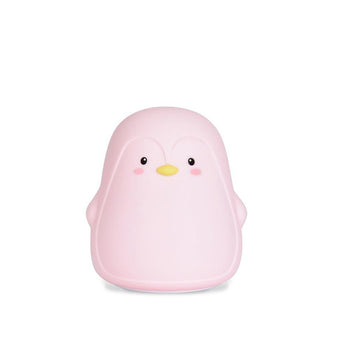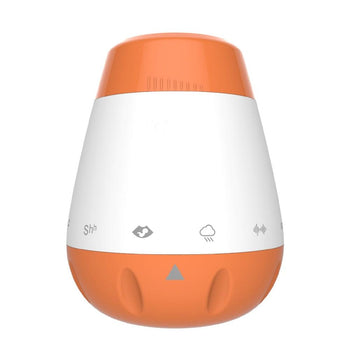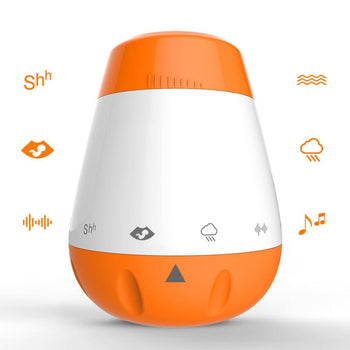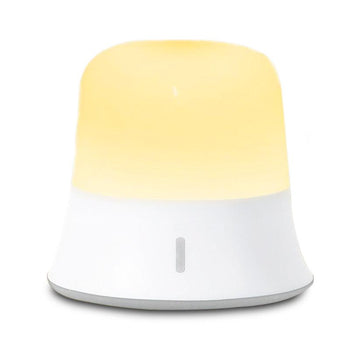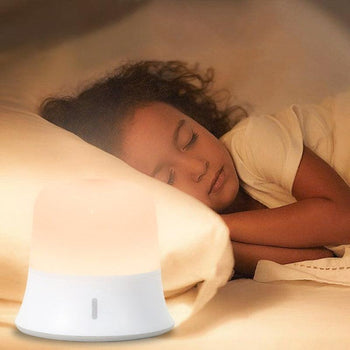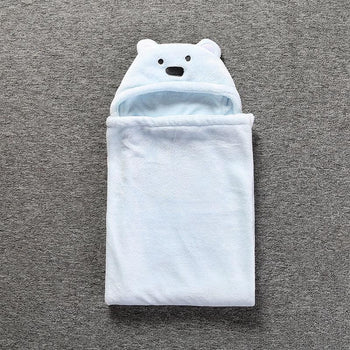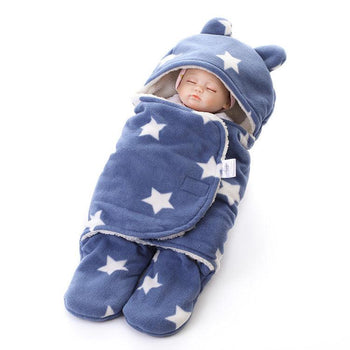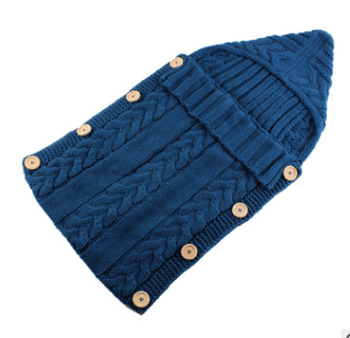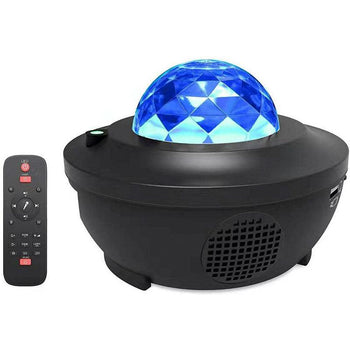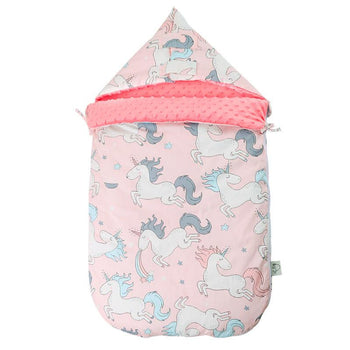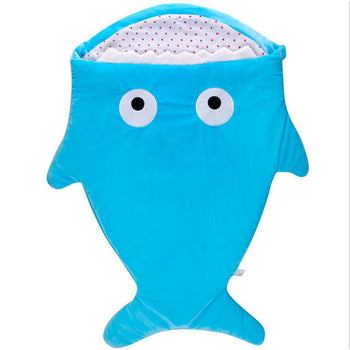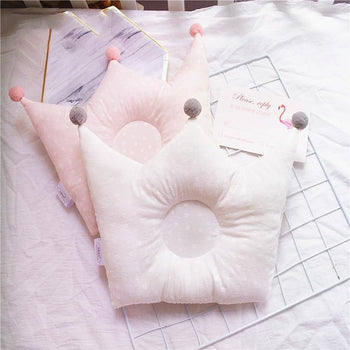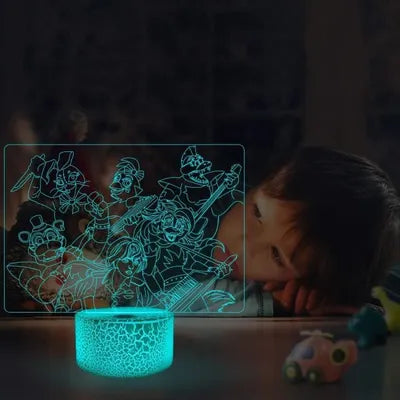Sleep regression at 8 months can be a very frustrating and exhausting time when your baby wakes up a lot at night and takes short naps . This sleep regression usually begins at 8 or 9 months of age and lasts 3 to 6 weeks , ending around 10 months.
In this article, you will learn all about 8 Month Sleep Regression, 9 Month Sleep Regression, and 10 Month Sleep Regression, which are all related. You will also find tips for dealing with these sleep regressions.
What is sleep regression at 8 months and why does it happen?
Your sleep problems may be new after your baby has slept through the night. Or maybe you feel like you never really recovered from the 4-month sleep regression .
In most cases, sleep regression at 8 months is due to significant and rapid brain growth and development. Your baby can crawl , jog, sit up, stand up, and navigate. Your baby also continues to absorb your language and begins to categorize things, such as learning that something is a cat, regardless of color or size.
When your brain is busy, it can be very difficult to sleep. Your baby's signs of regression may include waking up at night, taking short naps , separation anxiety , and fussiness.
In addition to these developmental milestones, many 8-month-old babies also get their first teeth . And, even more than developmental leaps and teething, many 8-month-old babies go from three to two naps. An eight-month schedule often includes three naps, but not always. (Here is our table of naps according to baby's age)
And, when your baby is going through a lot of changes, you can bet he doesn't want to be far away from you. Some changes can be exciting, but also a little confusing! Separation anxiety therefore peaks at this time as well.
You may also be interested in:What is 9 Month Sleep Regression?
The sleep regression at 9 months is actually a continuation of the sleep regression at 8 months. Your baby is learning a lot of new skills. As sleep regressions last an average of 3-6 weeks, this particular regression can extend into month 9 and sometimes month 10 depending on when it started.
What else can be going on with your 9 month old baby?
If your baby hasn't gone to two naps at 8 months, he certainly has at 9 months. Also, your baby is more mobile, and probably needs to add another meal to his schedule for the day, as he burns calories at a faster rate. We sometimes see babies increase their night feedings again around this age, so you will need to make some adjustments.
Learn more about:
Solid foods for your baby .What is the 10 Month Sleep Regression?
The 10 month sleep regression is the culmination of the 8 and 9 month sleep regressions when your baby has completed this developmental leap. Your baby is probably much better able to move his body and be mobile. Before he completes the sleep regression, he may find it overwhelming to get up in his crib.
What happens if your baby stands up in his crib and doesn't sleep?
Most babies learn to stoop quickly, so try not to pay too much attention to baby standing up in bed. But, since they can fall over and bump their heads, it's good to have a strategy to follow. We generally ask parents to put their baby to bed once in a while rather than constantly. In addition to this, work during the day by placing your baby next to a couch or sofa. The more they do this during the day, the easier it will be to put him in his crib.
To monitor baby in case he gets up in his crib or if he is a little restless, discover our video monitor.

Now that you have completed this sleep regression, you can rest a bit before the sleep regressions at 11 or 18 months!
Items you should be interested in:
- Sleep Regressions: Everything you need to know.
- Sleep regression at 18 months: one of the most difficult
How long do these sleep regressions last?
This difficult period lasts about 4 weeks, but it is quite common for this period and most regressions to last 3-6 weeks. That's why we often hear about 9 month olds and 10 month olds also waking up at night or taking short naps or if you're "lucky", both.
I know only too well, how 6 weeks can seem like an eternity when you don't sleep! With sleep regression at 4 months , your baby's behavior has changed permanently. Sleep regression at 8 months does not permanently change the way your baby sleeps. Fortunately, it is temporary. But that doesn't make it any less tiring, of course!
Your baby's sleep needs at 8, 9 and 10 months
Babies 8 months, 9 months, and 10 months all need 11 to 12 hours of sleep at night and 2 to 3 hours during the day . As with all developmental stages, nighttime sleep can be disrupted while your baby is going through this stage of development. Either he's too busy practicing his new skills (by choice or instinct), or his brain is just too stimulated to calm down.
Ever had an important meeting, graduation, wedding, or important event the next day and couldn't sleep? So you can understand how he feels.
Your 8 or 9 month old is also likely to take a nap and lose their third nap (if they have had one). As with most nap transitions, this makes your baby overtired and often even more difficult than usual during this sleep regression.
Finding a new, age-appropriate nap schedule can be even more difficult during this sleep regression, not only because of this transition in the number of naps, but also because the sleep regression can disrupt naps just as night sleep . He's not taking a nap because you're trying to get him to take a nap at the wrong time or because he's too busy practicing his new skill?
Doubts can accumulate during this period and you risk losing confidence in your parenting abilities. Your baby may be more difficult to live with because he is tired and these new changes may make him more anxious. Have no fear, there is certainly nothing wrong with your parenting or your baby!
Articles you may also be interested in:7 Common Napping Mistakes
Examples of Sleeping and Eating Schedules by Age
What about the 8 month sleep regression that can last up to 9 months and end at 10 months?
Do you do sleep training? Do you let your baby cry? What are you doing for your baby's sleep during this sleep regression?
As usual, my answer is very practical. I don't agree with doing nothing or being demanding. There is a happy medium. If your baby wakes up 5-10 times a night, for example, that's usually still excessive, even during sleep regression.
It's not good for you and, more importantly, it's not good for your 8, 9 or 10 month old baby. When your baby can't sleep at 1 a.m. because he's uncontrollable in his crib, you don't let him cry for two hours every night? No, that's not my philosophy either.

Tips to help you and your baby overcome this sleep regression
- Don't assume it's all down to the 8-month sleep regression . If your baby had sleep problems at 5, 6, or 7 months, it's unlikely that this sleep regression is causing your sleep problems now. You probably have a stubborn problem that needs to be fixed.
- If sleep issues are new to you, be careful not to pick up new habits and stick with them for the long term, like co-sleeping, if that's not what you want. As I mentioned above, this phase can last only 3 weeks, but the new habits or routines that one takes can last for months or even years. Regularity is an important factor.
- Be patient. Your baby will only go through this particular developmental leap once (thankfully), so try to help her through it as best you can. Keep in mind that we can't always suppress our baby's feelings, but we can be there to help.
- Be supportive of your 8, 9 or 10 month old baby, but try to continue to accompany him in his sleep as much as you deem necessary. This means giving him extra support, like helping your baby solve a puzzle, but letting him do some of the exercise on his own, so he can keep learning.
- If you've never screamed before, now is probably not the time to try. Instead, I'd recommend some gentler sleep training techniques to lay the groundwork, and once the regression is over, your baby will likely sleep well. If not, you may want to consider more intensive sleep training.
How do you know when the 8-month sleep regression is over?
Well, you don't really know that. If you've developed new sleep habits that you don't like, you may need to change them. Don't forget we have the wisdom your 8 month old baby may not have. It's one thing for the whole family to lose sleep for a week, but week after week it's not healthy for anyone.
I hope this article has given you some insight into what your 8, 9 or 10 month old is going through. I still believe that a baby can learn to sleep better during this time, but remember that it might not be perfect, and that's normal.
You can still start laying the groundwork, creating new routines , and giving him confidence in his abilities. Getting more sleep will help her cope with the changes and will likely help her deal with any additional restlessness as well. If he can't take a good nap, but sleeps well at night, that will help him bridge the gap. The reverse is also true if he has trouble sleeping at night, but takes better naps during the day.
Adding additional lack of sleep will usually only make this phase more difficult for everyone. If you've been sleep deprived for months up to this point, it could be another 6+ weeks (there's always something).
Do you have a wedding, a baptism?
And you need a dress for your daughter!
On www.robe-de-princesse.com enter a magical world and discover the most beautiful princess dresses for your child.
Do you want your baby to sleep through the night?
In this free guide , you'll discover 5 things you absolutely need to know.
With a unique approach and practical tools for success, this guide will help you and your baby sleep better through the night.



